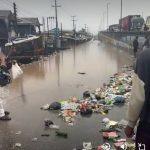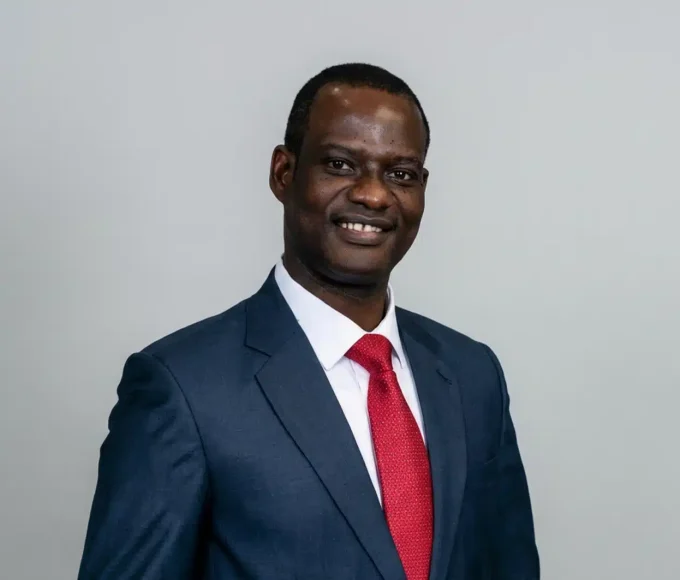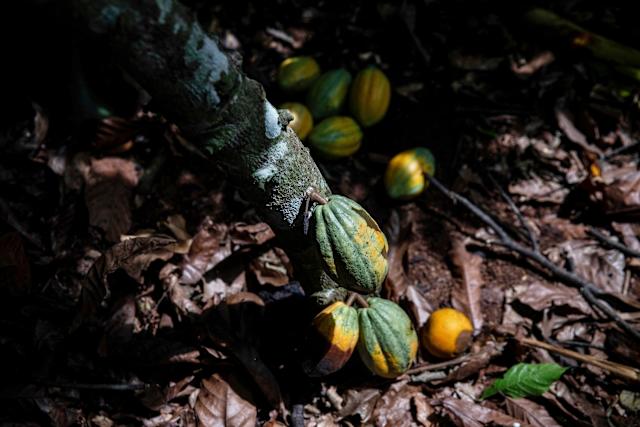
Over 6 million people have been displaced by the war in Congo
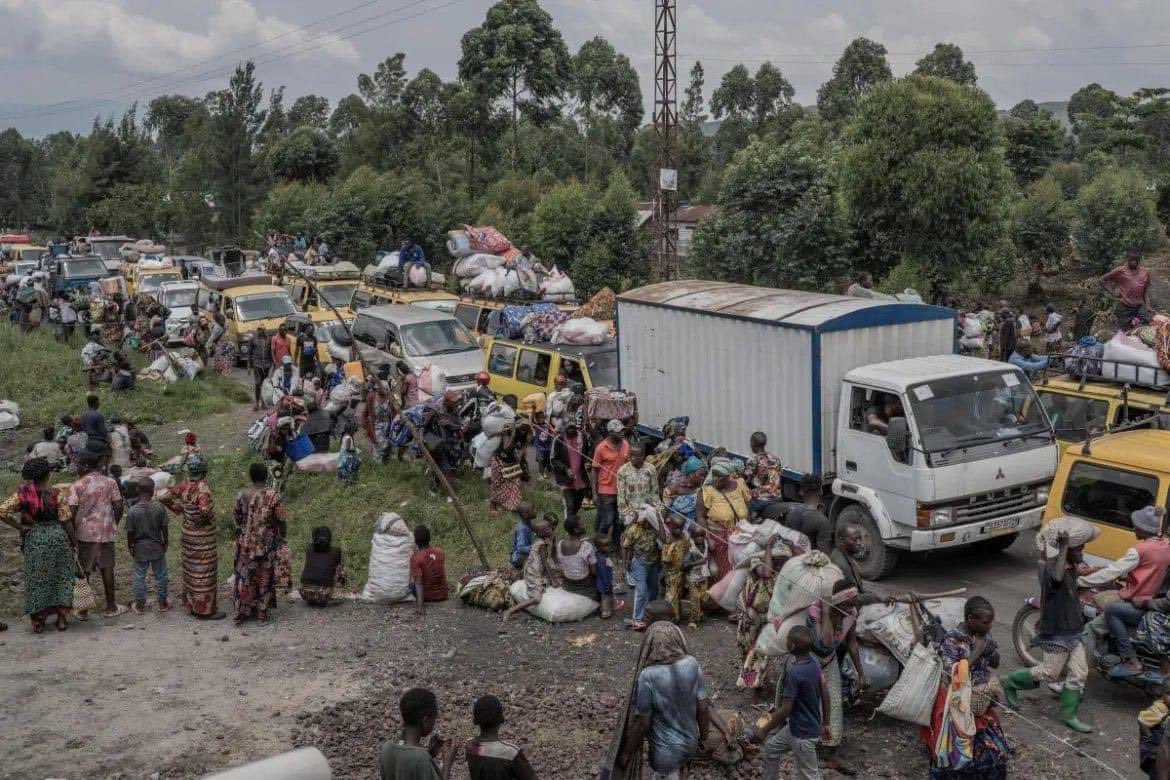
The terrifying series of conflicts in the Democratic Republic of Congo, DRC, has killed thousands of people and millions displaced. Families who have been forced to flee their homes are now sheltering wherever they can, including churches, schools and large, squalid camps.
The spike in violence involving militant groups over territory and natural resources, extrajudicial killings by security forces, political violence, and rising tensions with neighbouring Rwanda (mainly regarding its alleged support for militia groups in Congo) has culminated in deadly conflict.
The violence, mainly in the eastern region of the DRC, has displaced about 6.9 million people in addition to reports of mounting civilian deaths in the east region, a UN report said.
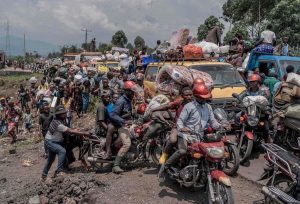
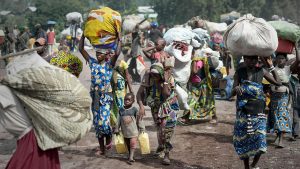
Sparing no one, the conflict forces children to drop out of school while some are separated from their families in the chaos, with their childhoods snatched away. Men and women are forced to abandon their jobs, farms and sources of livelihood to save their lives.
Mbokani, Junior, Anthoo and Marie are among the 14.5 million children in DRC whom the ongoing war has impacted. Seven-year-old Mbokani was in school when the war in his community started; he ran home, leaving his school essentials behind.
He told Save the Children International, a humanitarian organisation concerned with children’s welfare,
“When the war started, we were at school. The school officials asked us to go home. We fled with my mother. We were taken out of school so that we would not be separated from our parents. I had abandoned my school supplies in class.”
Liliane, 13, and her new friends in her camp are happy that they could “breathe” after they fled their communities when the war broke out.
“We often think about how we escaped the war and say we can breathe now. We dance. We are so happy that we forget the memories of the war.”
These are the lucky Congolese children who made it out safe with their families; however, the violence in the country has led to a disturbing increase in the killing, abduction and forced slavery of children in the DRC. According to a UNICEF report last year, the Congo had a track record of verified grave violations against children.
Children as young as three are forced to work in mining sites while others are recruited into armed groups as the war intensifies. “Intensifying violence, massive displacement, and proximity of armed groups to communities are leading to an alarming increase in cases of killing, maiming, and abduction of children in DRC.
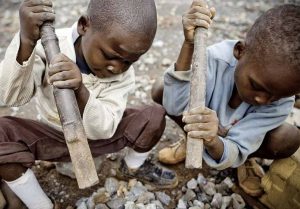
“If trends continue, the country is on track to reach new highs since the United Nations Monitoring and Reporting mechanism started in 2005, surpassing records set in 2022,” the report said. According to them, the number of verified grave violations against children went up by 41 per cent in the first half of 2023 as compared to the previous year.
“There were 3,377 grave violations against 2,420 children in all of 2022, according to the June 2023 Children and Armed Conflict – Report of the Secretary-General.
“Recruitment and use of children in armed groups have spiked by 45 per cent in the first six months of the year. In 2022, 1,545 children – some as young as five years old – were verified as having been recruited and used by armed groups. Killing and maiming of children was up 32 per cent in the same period, compared to 699 cases last year.
“Rape and other acts of sexual violence against children and abduction of children are also on an upward trajectory. In both 2021 and 2022, DRC had the world’s highest levels of verified cases of sexual violence against children committed by armed forces and armed groups. Moreover, in 2022, 730 children were confirmed as abducted, making it the highest number of abductions ever verified by the United Nations in the DRC,” the report read in parts.
While the crisis in the DRC has been going on for decades, the current crisis began in November 2021, when the defunct March 23 Movement, now known as the M23 militant group, attacked military positions of the Congolese army in the villages of Chanzu and Runyonyi Province.
More than 100 armed groups operate in eastern DRC, the region where conflict has raged for decades but intensified in recent years. The rising violence in the area has refocused attention on the long-running dispute, primarily between the Congolese army and the reconstituted M23 rebel group.
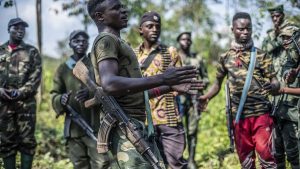
The focus of the conflict is the wealth of natural resource deposits in the DRC. These resources and precious minerals under Congolese soil have globalised the conflict in eastern DRC. While U.S. companies once owned vast cobalt mines in the Congo, most were sold to Chinese companies during the Obama and Donald Trump administrations.
Chinese companies connected to Beijing now control the majority of foreign-owned cobalt, uranium, and copper mines in DRC, and the Congolese army has been repeatedly deployed to mining sites in eastern DRC to protect Chinese assets. The Joe Biden administration has acknowledged that China’s’ virtual monopoly in DRC’s mining industry significantly boosts China’s’ comparative advantage in the energy and technology arenas and hinders U.S. clean energy aspirations.
China is involved in Congo’s’ internal conflict as well as its economy: the Congolese government is fighting M23 rebels with the help of Chinese drones and weaponry, and Uganda has purchased Chinese arms to carry out military operations within DRC’s borders. The deals China negotiated with Congolese leadership, especially during the Joseph Kabila regime, have helped Chinese firms secure unprecedented access to metals to mass produce electronics and clean energy technologies.
China and DRC’s’ complex, multi-layered economic and military relationship has limited access to the Congo’s’ vital resources and profits for other countries and the Congolese people, a Global Conflict Tracker report said.
After being displaced from their homes, civilians still suffer inhumane attacks from rebel groups in their displaced camps. Earlier this month, an armed group called CODECO attacked an internally displaced person’s camp, killing about 60 people while many were injured. The camp, located at Djugu in the eastern Ituri Province, houses about 4,000 people as of December last year, reports say.
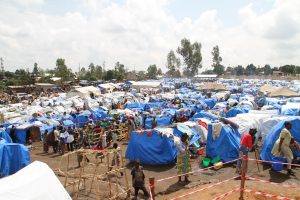
The ongoing war in DRC calls for urgent attention as grave human rights offences are carried out every day. The Western world is benefitting greatly from the unrest, hence their silence on the crimes that are committed in Congo. Without the DRC, economically developed countries including China, the U.S.A. and Germany would struggle with industrial inputs, as an estimated 70% of the world’s cobalt sits on Congolese soil.
All photos are sourced online.
About The Author
Related Articles
Tinubu Deducts N100bn Monthly From Federation Account Without Approval El-Rufai Alleges Says Action Deserves Impeachment
Former Kaduna State Governor Nasir El-Rufai has launched a blistering attack on...
ByWest Africa WeeklyJanuary 26, 2026After Taiwo Oyedele’s Denials, Lagos State Activates ‘Power of Substitution’ Under Tinubu-Altered Tax Law, Allowing Authorities to Redirect Payments Without Court Orders
Lagos State has moved to activate a controversial enforcement provision in the...
ByWest Africa WeeklyJanuary 26, 2026Ivory Coast to Buy Unsold Cocoa to Support Farmers
Ivory Coast has announced a government plan to purchase unsold cocoa stock...
ByWest Africa WeeklyJanuary 23, 2026Ghana Moves to Reclaim Kwame Nkrumah’s Former Residence in Guinea
Ghana has embarked on a diplomatic and cultural initiative to reclaim the...
ByWest Africa WeeklyJanuary 23, 2026






